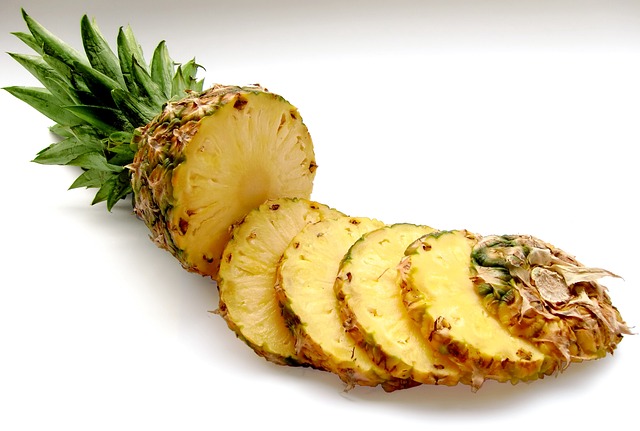The Power of Probiotics: Transforming Your Digestive System
Probiotics are a hot topic in the world of health and wellness. These live bacteria and yeasts are believed to have numerous health benefits, particularly when it comes to improving digestion. Let’s dive into the fascinating world of probiotics and explore how they can transform your digestive system for the better.
What are Probiotics?
Probiotics are live microorganisms that can be consumed through fermented foods or supplements. They are often referred to as “good” or “friendly” bacteria because they offer various health benefits.
How Do Probiotics Work in the Digestive System?
The digestive system is home to trillions of bacteria, both beneficial and harmful. Probiotics work by increasing the number of good bacteria in the gut, thereby creating a balanced and diverse microbial environment.
When you consume probiotics, they travel through the digestive tract, primarily reaching the intestines. Here, they adhere to the intestinal lining, preventing the growth of harmful bacteria. Probiotics also produce compounds such as short-chain fatty acids, which nourish the cells of the intestinal lining.
The Benefits of Probiotics for Digestion
Probiotics can have significant positive effects on digestion. Here are some of the key benefits:
1. Enhances Nutrient Absorption
Probiotics help break down food and facilitate nutrient absorption in the intestines. They help produce enzymes that aid in the digestion of carbohydrates, proteins, and fats. By improving nutrient absorption, probiotics ensure that your body receives the maximum nutritional value from the food you consume.
2. Alleviates Digestive Disorders
If you suffer from digestive disorders such as irritable bowel syndrome (IBS) or inflammatory bowel disease (IBD), probiotics may offer relief. Studies have shown that certain strains of probiotics can help reduce symptoms like bloating, gas, and abdominal pain.
3. Boosts Immune Function
A significant portion of our immune system resides in the gut. Probiotics help modulate the immune response in the digestive system, reducing inflammation and promoting immune function. By supporting a healthy gut, probiotics can enhance overall immune system function.
4. Reduces Antibiotic-Related Digestive Issues
Antibiotics, while necessary for fighting infections, can disrupt the natural balance of bacteria in the gut. This often leads to diarrhea and other digestive problems. Taking probiotics during or after a course of antibiotics can help restore the gut microbiota and prevent antibiotic-related digestive issues.
How to Incorporate Probiotics into Your Diet
You can increase your intake of probiotics through various food sources and supplements:
1. Yogurt
Yogurt is perhaps the most well-known probiotic food. Look for yogurts with live and active cultures, as they contain beneficial bacteria like Lactobacillus and Bifidobacterium.
2. Fermented Vegetables
Fermented vegetables like sauerkraut, kimchi, and pickles are rich in probiotics. Additionally, they provide the added benefits of fiber and essential vitamins.
3. Kefir
Kefir is a fermented milk drink that contains a wide range of probiotic strains. It is highly nutritious and can be enjoyed on its own or added to smoothies.
4. Probiotic Supplements
If incorporating probiotic-rich foods into your diet is challenging, consider taking a probiotic supplement. Look for a high-quality supplement with a variety of bacterial strains.
Conclusion
Probiotics have the power to transform your digestive system by optimizing the balance of good bacteria in your gut. By incorporating probiotic-rich foods or supplements into your diet, you can reap the numerous benefits they offer, such as enhanced nutrient absorption, improved digestive health, strengthened immune function, and protection against







